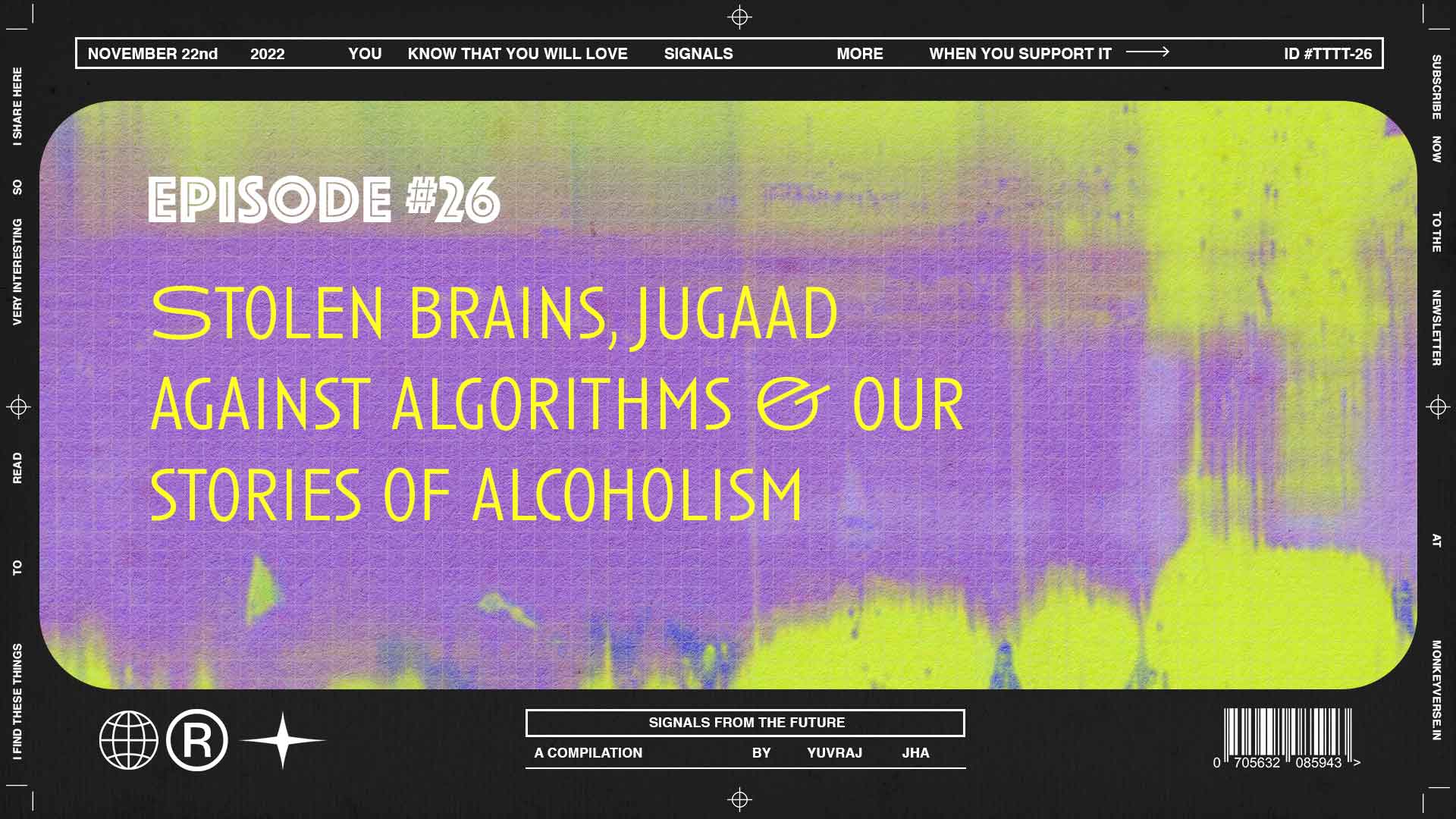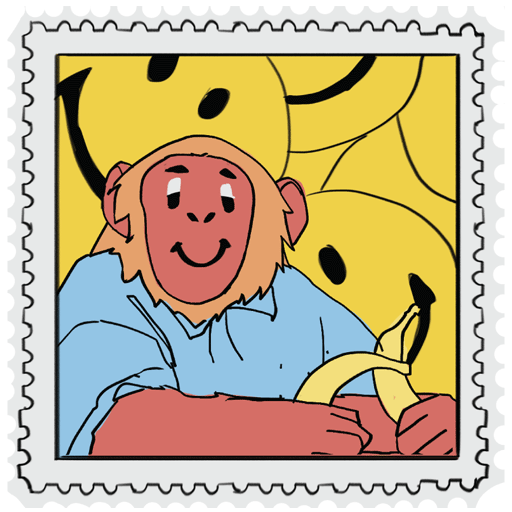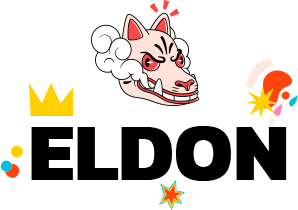
Stolen brains, jugaad against algorithms & our stories of alcoholism
The research on Solar cells and its many drawbacks as a waste problem has been an interesting approach to writing fiction. Something I will definitely write about at a later date, but for this week lets read some fascinating stories from the past and the present 🙂
I presume that like me you have heard that only a fraction of our brains works as compared to the mad genius, but I had no idea that the way Einstein’s brain was preserved was because it was stolen!
On the time Einstein’s brain was stolen
Einstein had been in the Princeton Hospital suffering from intense abdominal pain; on the table beside his hospital bed were scribbled notes, thoughts on how to make the theory of relativity jibe with quantum mechanics, part of his work on the so-called theory of everything. But at 1:15 a.m., his body—and his still-active brain—finally stopped. According to the nurse on duty, Einstein took several deep breaths, muttered a few words in German, and died.
Princeton hastily called a press conference announcing that the genius was dead, while the body was whisked to the lab for an autopsy. Pathologist Thomas Harvey performed his straightforward task to officially determine the cause of death. (As suspected, a long-standing aortic aneurysm had ruptured.) But then, instead of sending the body back to the family for cremation as planned, he added an extra step: He removed Einstein’s brain. (In the spirit of collegial sharing, he also removed Einstein’s eyes for Einstein’s ophthalmologist.) Only then was the body sent back to the family, who had it immediately cremated later that day and the ashes scattered without any publicity per Einstein’s wishes.
The family had no idea that they had received only a partial Einstein until the next day when they got their New York Times. There, in a front page article with the compelling headline “Key Sought in Einstein Brain,” they read that “the brain that worked out the theory of relativity” had been removed “for scientific study.” Confused, Einstein’s son Hans Albert and his executor Dr. Otto Nathan went to confront the improvising pathologist who admitted that, when faced with this unique chance to harvest the brain of such a genius, he took matters—and the brain—into his own hands.
Gig workers in India are uniting to take back control from algorithms
Those are just two examples of how India’s gig workers — tired of the obscurity around black box algorithms and technologies that dictate their lives and work — are finding ways to game the platforms to their advantage. Drivers and delivery persons, who work for apps like Uber, Ola, Zomato and Swiggy, are trying to reverse engineer these apps, frequently sharing this information through groups like CCDA and in-person workshops.
…
While Indian gig workers haven’t gone as far as to build apps, they have developed their own mini-tech support system to help each other understand the algorithm dictating their employment, developing tricks to work the system.
Seeking a New Story: On Sobriety and the Stories We Tell About Ourselves
There are all kinds of little rhymes and sayings in AA. One of them is, “first you take a drink, and then the drink takes a drink.” In my years of sobriety I have experienced: “first you drink, and then you write about drinking” and before you know it you are celebrating the stuff even more than you were before. The story of my life as a drinker took over my life as a non-drinker. It became a second addiction, framing every new situation as a transmogrification of drinking and an obsession on the page.


Leave a Reply